Funded Filmmaker Showcase: Katie Sadler
Katie Sadler is not your typical filmmaker (whatever “typical” means, anyway). She’s also a dancer, and she channels her excitement for and curiosity of many disciplines into her work, allowing her to develop creative worlds.
Katie wrote a one-sentence pitch, and our judges selected her entry as a winner, granting her $2,000 to produce her short film about gender bias in product design. It’s currently still in production, but we’ll be sure to share her winning entry as soon as we release the film!
If you want a chance to receive up to $10,000 and other prizes to help you make your short film, learn more about our funding opportunities.
We asked Katie some questions about her filmmaking career, why she directs, and her thoughts on the independent film funding process.
Why do you write, direct, or produce?
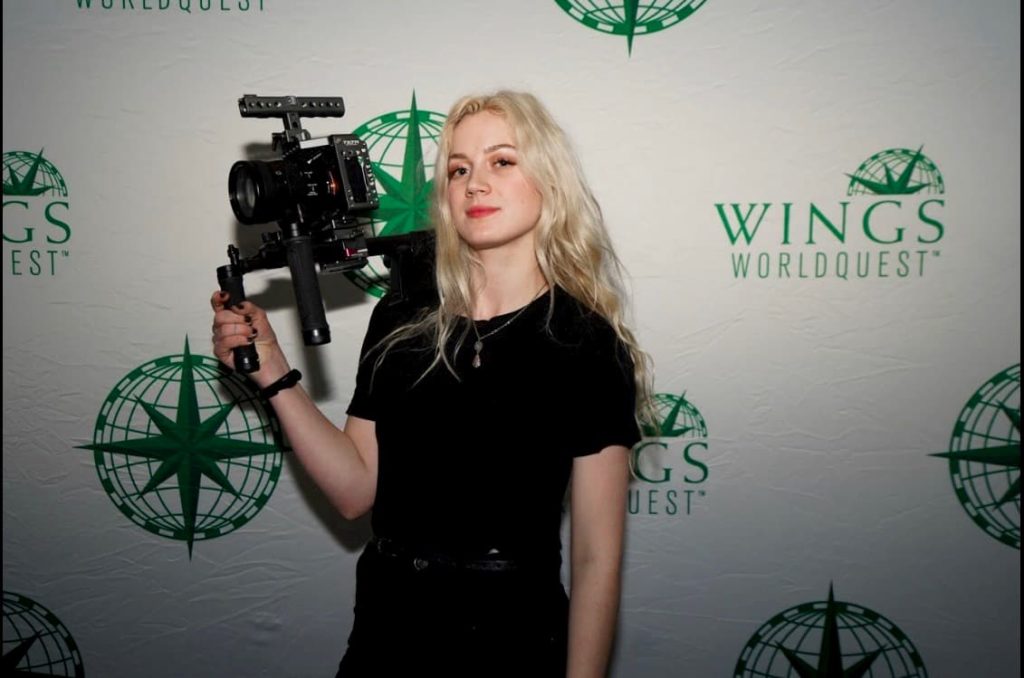
At its most basic core, directing has been my way of exploring the things I’m most curious about. I’ve always been a visual communicator, and I think very visually, so it’s really just my attempt at translating those thoughts and daydreams into something more physical.
I’ve always wanted to be too many things at once or do too many things at the same time, and directing really lets me tap into that part of myself. One of my favorite aspects of film is that it’s really just a method of viewing anything or anyone, a window of sorts into so many other careers and art forms and people.
I can learn about music, politics, science, religion, sports—anything, really—through the window of film. I may not be able to be a rockstar and a senator and an astronaut and a therapist all at the same time like my ten-year-old self dreamed, but I can approach any of those topics creatively through film.
Who are some of your favorite auteurs, and which of them inspire you the most? How?
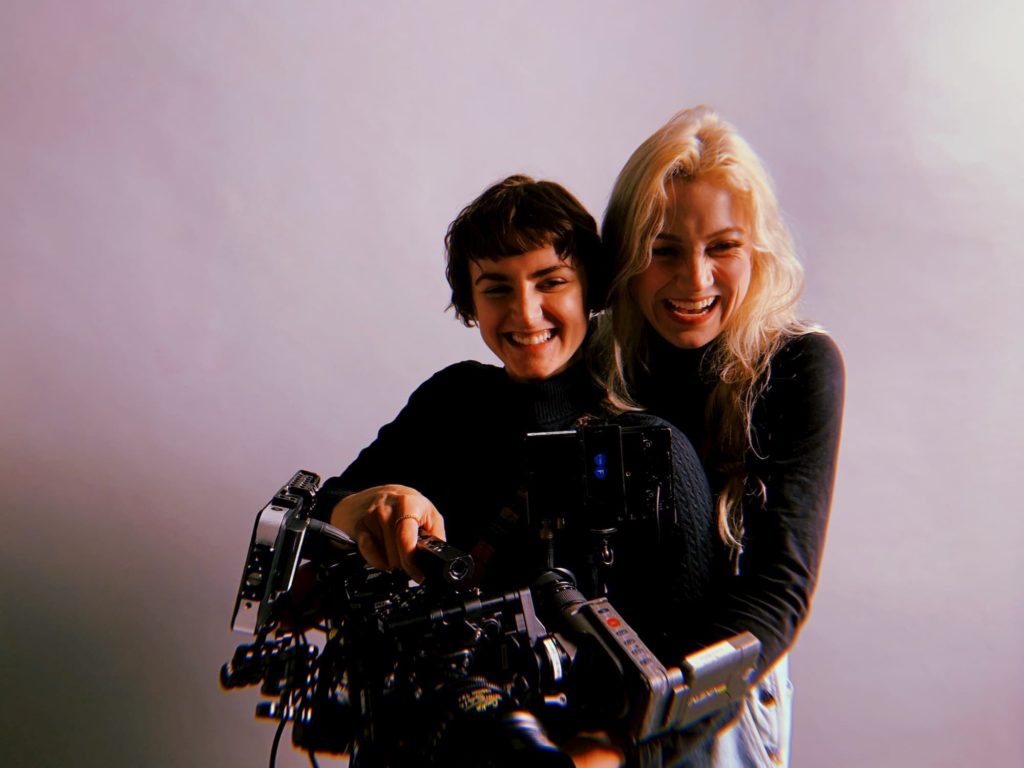
Ah, the elusive auteur…
A lot of the filmmakers I admire most might not be considered traditional “auteurs,” and honestly, I try not to label them that way because of the implications that come with it. The word “auteur” has traditionally been used to describe an exclusive set of directors who are mostly male and mostly white.
Our industry has put such a value on the word that too many great directors and great movies are neglected by critics because they don’t necessarily fit into the “auteur” mold.
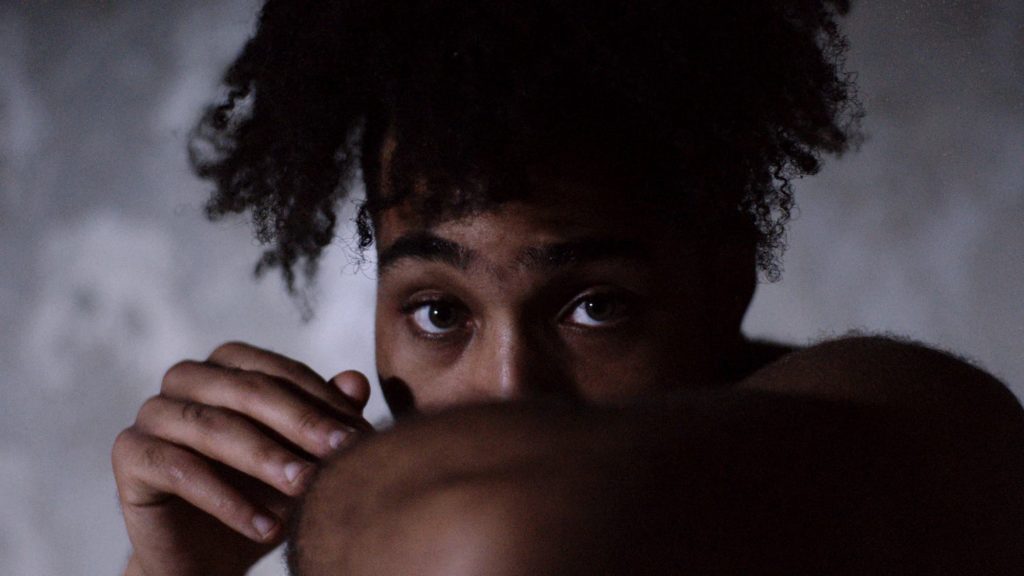
I personally love when directors transform their styles, genres, themes, and casts, and this goes against so much of what traditional auteur theory has taught us. Auteur theory also often ignores the other filmmaking positions that are just as important as that of the director.
It truly takes a village to make a film, especially when making one requires so much collaboration, so I personally think it’s a stretch to consider one person the true “author” of a film these days.
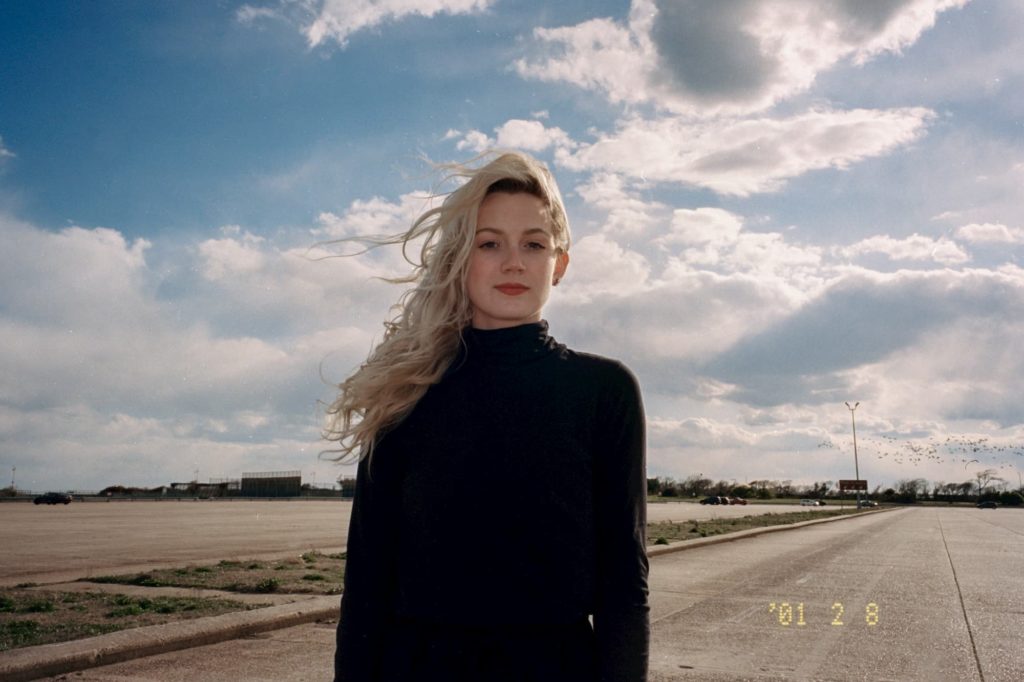
I could go on about auteur theory, but I’m getting distracted! Some of my favorite filmmakers include, but are absolutely not limited to:
Maya Deren, Laura Poitras, Melina Matsoukas, Kathryn Bigelow, Ron Fricke, Barry Jenkins, Chris Marker, Hayao Miyazaki, Sam Mendes, Coen Brothers, Errol Morris… the list goes on.
Specifically, Maya Deren has been a huge influence on me. I’m a dancer and a filmmaker; I studied both dance and film in school, and I began combining the two by making dance films in my sophomore year.
When I was just starting to make dance films, I had never heard of Deren or seen any of her films. One of my professors told me about her and my mind was blown… everything I was trying to do—dance, avant-garde film, documentary—was right there in her work.
The experimental techniques she used and the surreal nature of her films are both things that I continue to strive for. And she was doing it in the 40s!
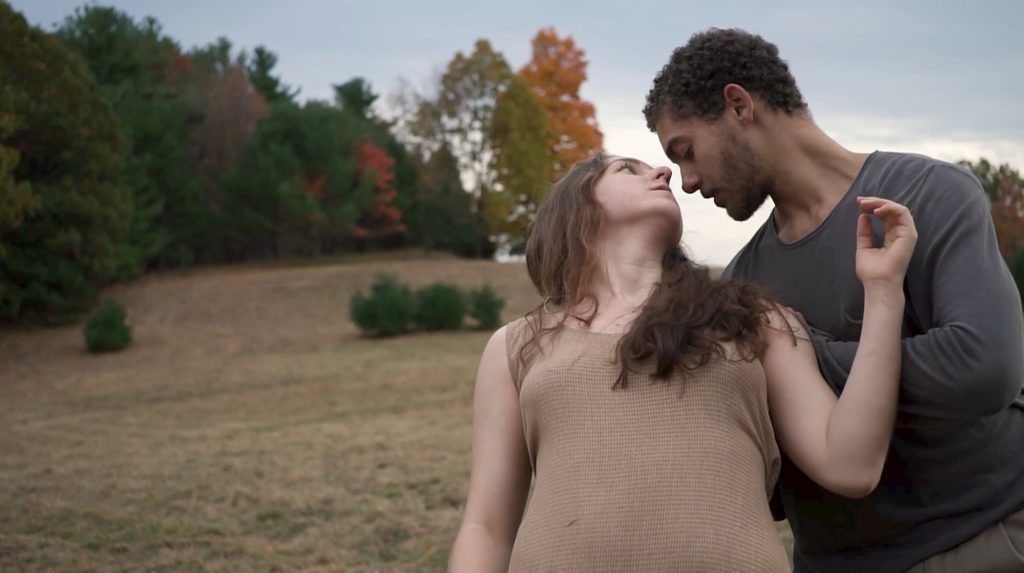
One of the things I’ve always loved about dance is the challenge to tell a story and establish relationships through nothing but movement. I also love how open to interpretation it can be—by the choreographer, dancer, and audience members—and I try to translate those things to my filmmaking, even when dance is not included.
Sometimes the brain doesn’t quite understand what the body does, and watching a great film and watching a great piece of dance can be quite the same in terms of the visceral responses they evoke. Maya knew that, and her work has taught me that, too.
What’s your toughest challenge when raising funding for a film project?
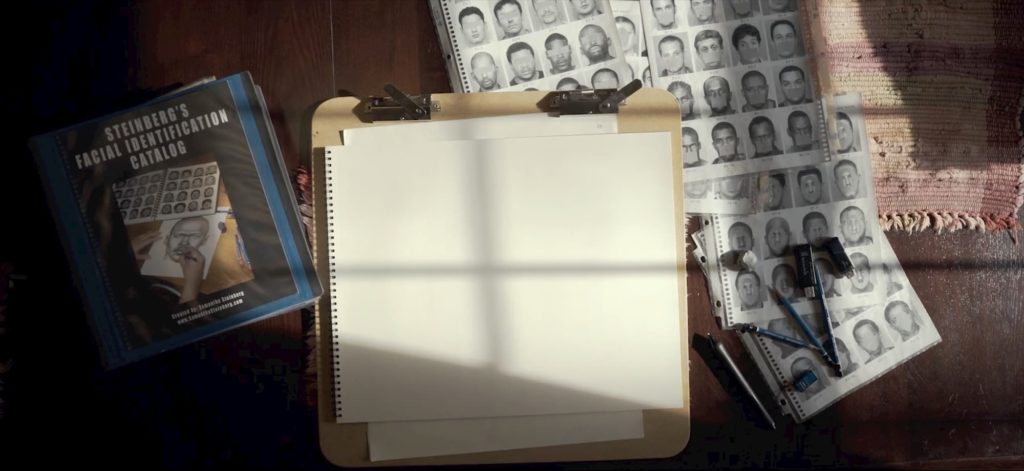
Finding the money to make a project is the toughest challenge in and of itself. I still have so much to learn about the business side of filmmaking, and having to separate the business from the art has been one of the hardest things for me to learn.
Most of the things I’ve directed so far have been extremely low-budget, so I usually just work really hard and earn the money myself through editing or shooting and then save it and funnel that into passion projects. That and the occasional film grant have allowed me to make my projects and pay crew members.
I really try to avoid crowdfunding at all costs (no pun intended). But yeah, I’m definitely still a novice when it comes to film fundraising.
What are you working on right now?
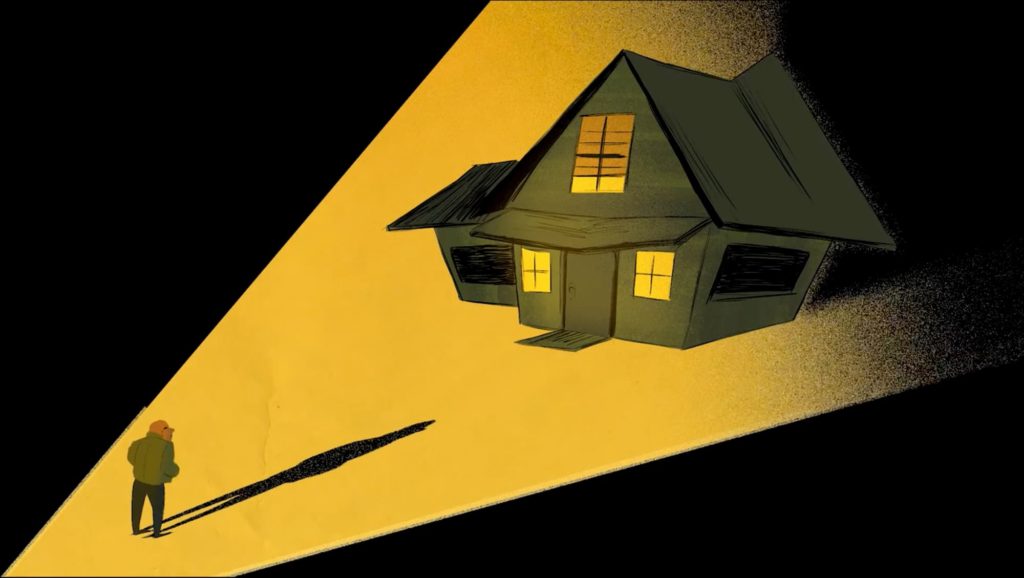
Right now, I’m taking a break from making dance films and moving more and more into the documentary sphere.
I’m currently working on a short, mostly-animated documentary that is about gender bias in product design. It explores how the everyday objects that we all use, (such as cars, tools, technology, and medicine) reflect a world that has been built by and for men.
Making the film has been my way of grappling with the tangible ways that sexism manifests itself; the harm that this causes is mostly unintentional but still present at the very basis of our society.
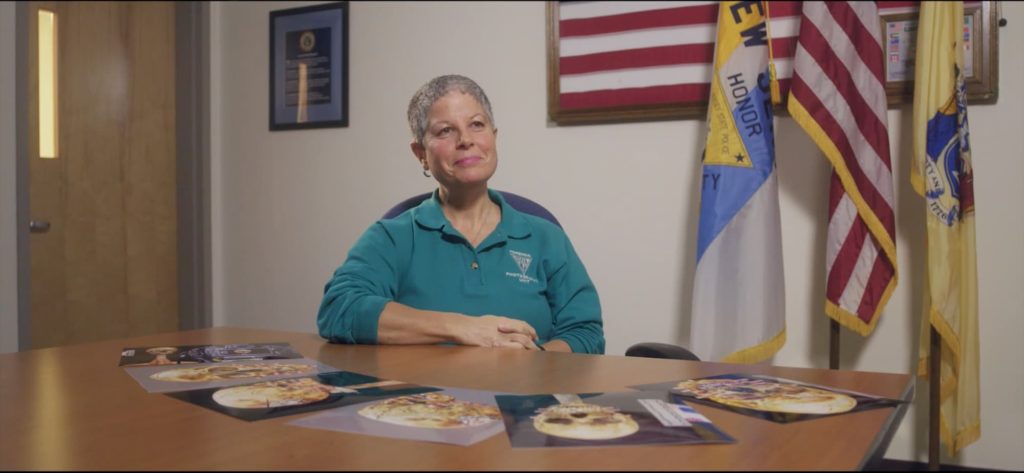
I also just started developing a new project about female cattle ranchers who have been reclaiming the American west. More ranches are now being led by women than ever before, and they’ve brought new ideas about agriculture, farming ethics, and meat and dairy production.
It’s sort of a story about modern “cowgirls” and how their current work is changing things like conservation, climate, sustainability, and the American romanticization of the West.
Of course, these are all subject to change in our current COVID world… everyone has been forced to pause or adapt their productions, and I’ve been trying to figure out how to approach my work moving forward in this new environment.
What do you like about The Film Fund?
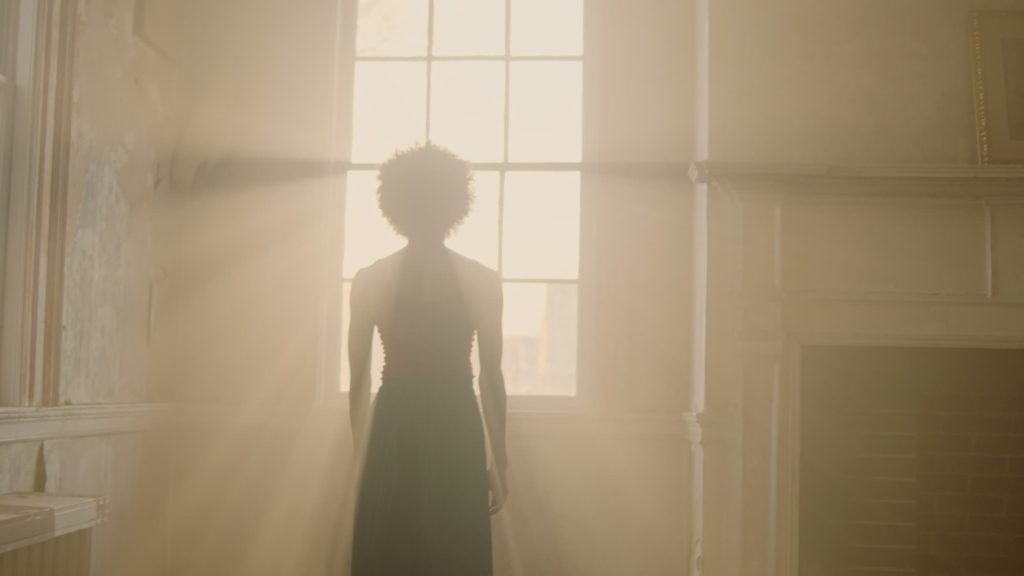
The Film Fund is one of the most unique fundraising platforms I’ve ever seen. You can sometimes spend weeks on one grant application, only to send it into the void of the internet and it never be acknowledged again.
The Film Fund simplifies the grant process and allows the filmmaker to apply using only one sentence…and conveying the main ideas of your film in one sentence is truly a great test for a director!
What’s your advice for filmmakers who are just starting their careers?
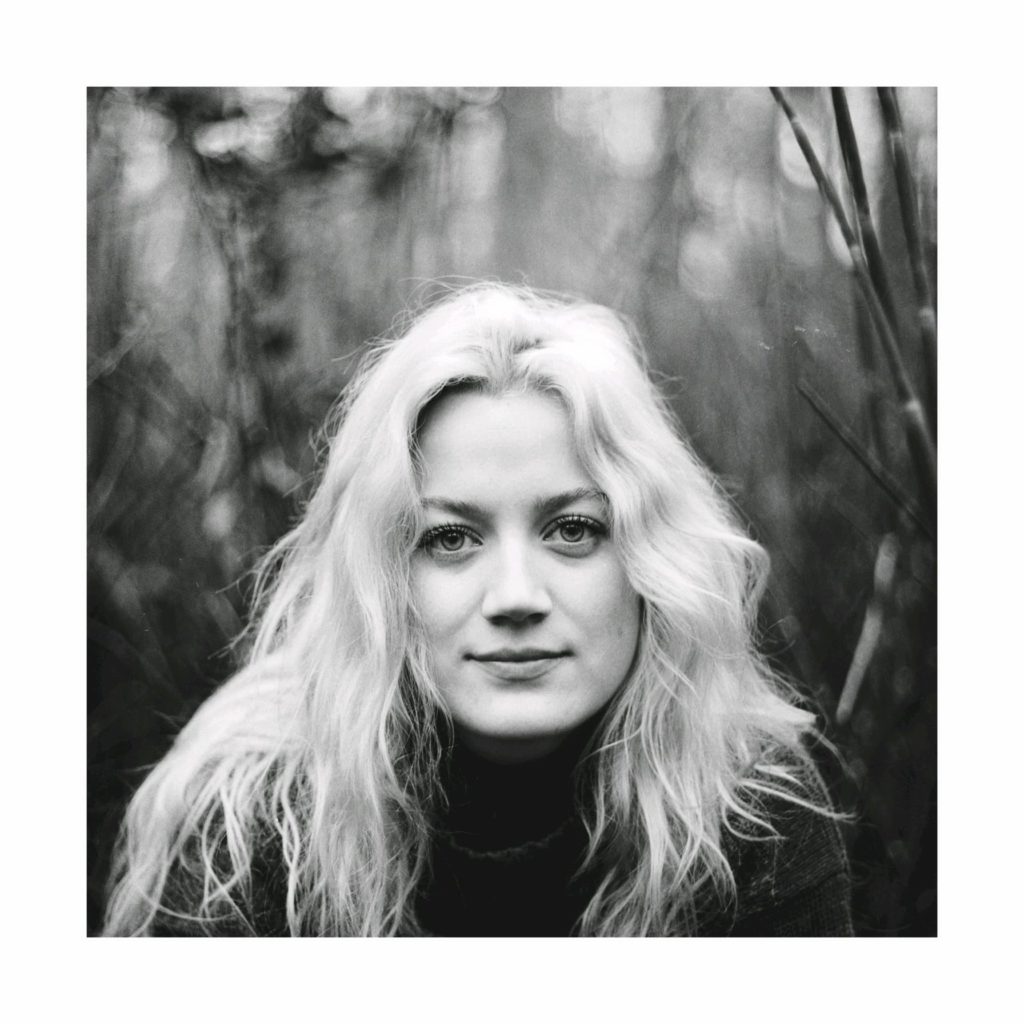
Treat every project you work on like it’s a portfolio piece. This is especially relevant to people in film school—if you really take your assignments seriously and make something you’re proud of, you can leave with an entire body of work or an entire reel.
Finish your projects, even if you don’t plan on releasing them publicly.
Be as nice as you can to as many people you can. Be a pleasure to work with on set. Send thank-you’s to people who have stuck their neck out for you, people who have given you jobs, people who have helped you network.
The people you see on your way up are the same people you see on your way back down—so avoid burning bridges or involving yourself in unnecessary drama as much as possible.
Make work for yourself. Keep making new things even when you aren’t getting paid.
Be passionate about and explore other art forms and subjects—you never know how it will inform your work.
Remember who you owe favors to, and follow through with them.
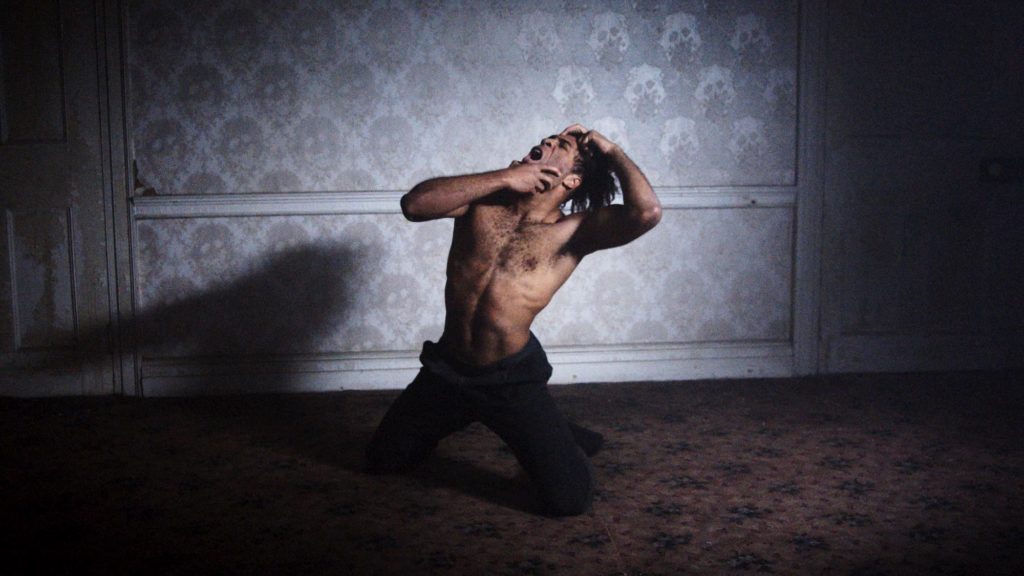
Don’t beat yourself up for not being at the same level as your peers at the same time. There were people I went to school with who were directing 6-figure commercials by the end of our freshman year, and people whose thesis films got into SXSW, Tribeca, or Sundance.
I sometimes get so self-conscious about this, and my work always suffers as a result. I always have to remind myself that another person’s success is not my failure!
For female filmmakers: don’t be afraid to ask for something, whether that be higher pay, a better contract, better working conditions, or simply an opportunity to make something.
Your male peers will probably get more recognition, more jobs, and higher budgets than you, especially at first. The reason for this can partially be attributed to the fact that womxn are socialized to promote themselves less and ask for things less.
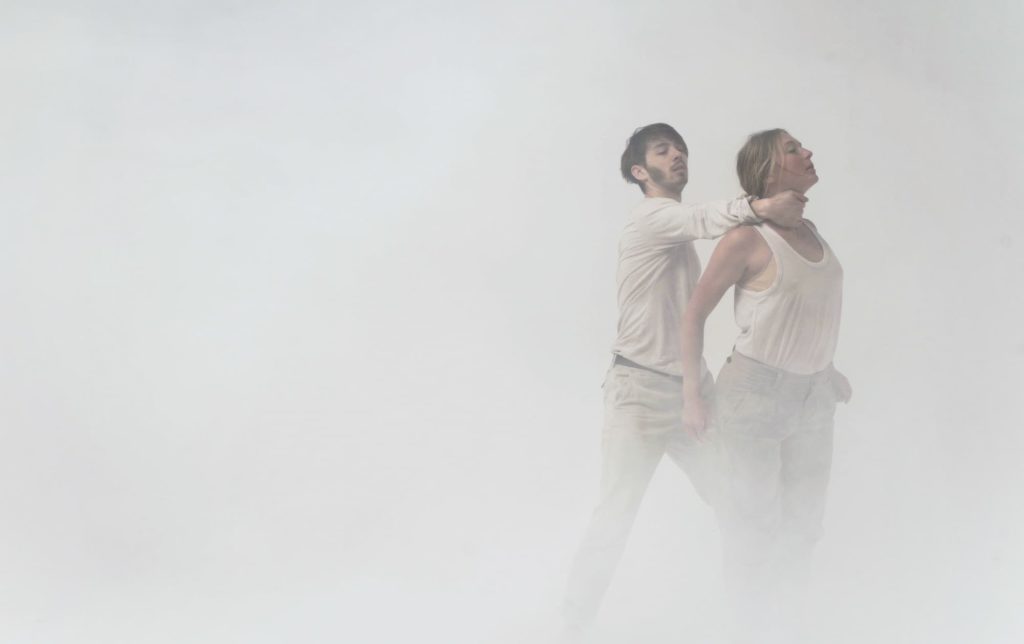
For directors: It will be easier for you to make money to sustain yourself and fund your projects if you take up a craft other than directing. Really diving into editing, coloring, shooting, etc. will expand your knowledge of those crafts, which will help your directing, and it will also allow you to make money in the same industry that you wish to be in.
Then again, there’s no shame in making money through something completely unrelated to film—and sometimes doing that and taking creative breaks can help you more than anything.
If you want a chance to get funding like Katie did to make “Treehouse,” learn more about our funding opportunities here.